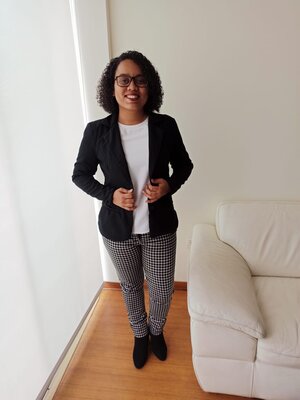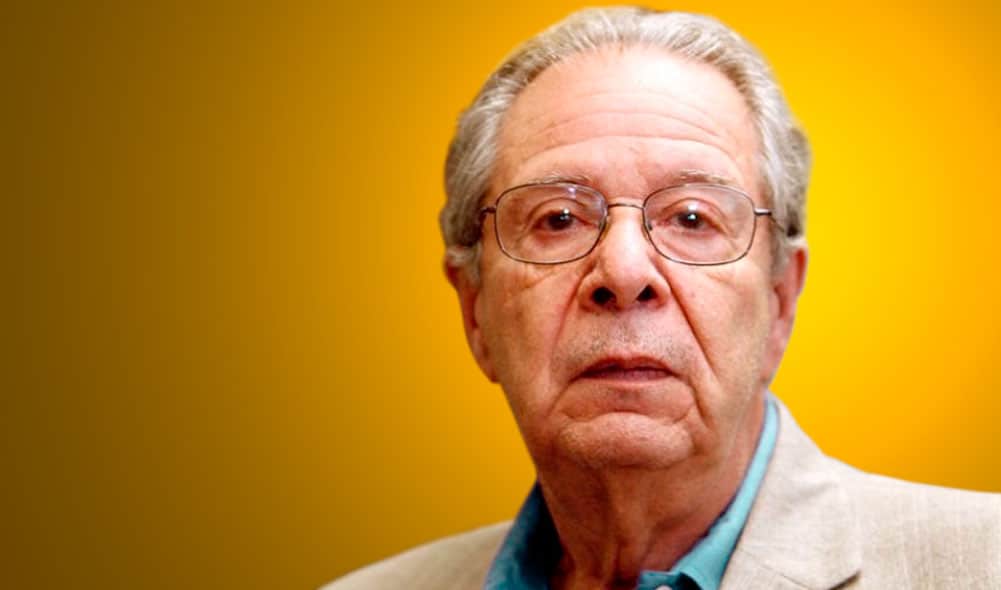On October 19, Nicolás Maduro announced the appointment of Tibisay Lucena as the new Minister of University Education, despite Lucena’s lack of authority or academic vocation. The new minister was president of the National Electoral Council for more than a decade; She was criticized for serving the directives of the executive branch and its interests in electoral matters.
Lucena was sanctioned by the United States Government and the European Union for undermining democracy and human rights in Venezuela by facilitating the establishment of the National Constituent Assembly and failing to guarantee an impartial and independent National Electoral Council.
Lucena’s appointment poses a new threat under the framework of the policy of intervention of Venezuelan universities orchestrated by the Maduro government, which in recent weeks has shown renewed “interest” in meddling in the affairs of the Universidad Central de Venezuela (UCV) through the alleged upgrade of its Caracas campus announced a few months ago as a facade amid the budgetary suffocation of the institution by the Government.
Added to this are the “visits” to university spaces without the approval of their authorities and the public appointment of a so-called “protector” for the UCV, a figure used for years to suffocate and seize powers from governors or authorities critical of the central government.
These are examples of concrete actions (which are no longer mere intentions) that increasingly threaten the constitutionally consecrated university autonomy, in an attempt to impose parallel authorities and seize competencies from the rightful authorities in contravention of article 109 of the Constitution and Article 9 of the Law on Universities, besides international norms.
The Venezuelan university is put in check, which makes any attempt to recover democracy in Venezuela more difficult. Since the 2000s, universities and their communities have faced a State policy that threatens academic freedom and other human rights.
The situation has been documented by Venezuela NGO Aula Abierta (Open Classroom), the Federation of University professors and other associations, the student movement, university human rights centers, and other civil society organizations, who have filed complaints before international bodies such as the United Nations High Commissioner for Human Rights, the Inter-American Commission on Human Rights, UN Special Rapporteurs, and the IACHR, among others.
Some of the patterns of State policies and practices against academic freedom and autonomy that has been consistently denounced are the creation of an institutional normative framework that favors the ideological-political subordination of universities to a single ‘socialist’ set of principles, the creation of organs within the framework of the parallel university system, the budgetary suffocation, and the usurpation of functions and powers of the universities through rulings or acts of the Public Power.
Also, the political, economic, and social instability of Venezuela in the context of the humanitarian emergency due to the deinstitutionalization of the State and the absence of democracy further affects the members of the university community who live in extreme poverty according to international standards.
For example, a full-time professor with the highest academic rank earns a little over 11 US dollars per month in Venezuela, just enough to buy two chickens.
The situation worsens with the appointment of Lucena as Minister, because her record at the National Electoral Council threatens the holding of free elections at national universities, as was the case in 2019 when ruling No. 0324 of the Constitutional Chamber intended to order the celebrations of elections at the UCV.
The ruling violated the principle of legal reserve and article 109 of the Constitution by usurping the functions of the Legislative Power and distorting the structure of the university faculty, constitutionally and legally made up of students, professors, and graduates.
Although the effects of the ruling were suspended by decision No. 0047 of the same Chamber, we do not doubt that the tactics of the Maduro government will point in that direction.
We call on the international bodies to continue keeping an eye on the actions of the Government that seek the definitive intervention of Venezuelan universities to the detriment of a free, plural, and autonomous institution.
We ratify that democracy, scientific knowledge, and plural and critical thinking are not possible without the existence of universities.
Translated by José Rafael Medina




